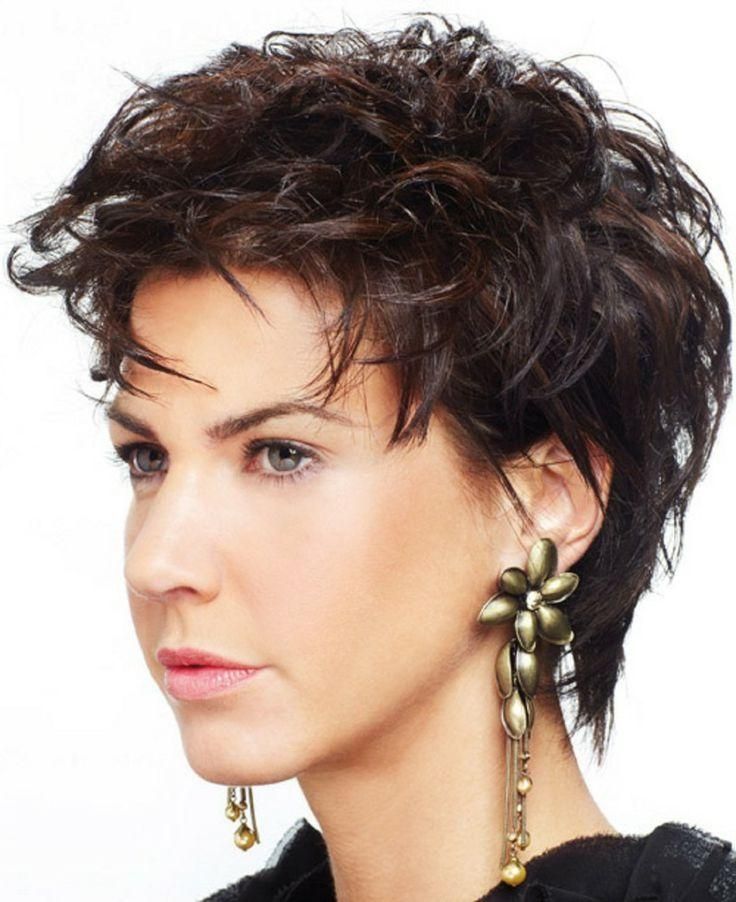Table of Content
Friendship doesn't always look like #squadgoals, though it certainly can. #squadgoals, however, always looked like women who were in freshman dorm or summer camp together finding out they liked each other and showing their enthusiasm for their unit to the world. It lacked a sense of permanence, focusing solely on youth and exuberance and exciting moments. I did a lot of eyerolling at her un-self-aware stories. But, honestly, this isn't even a new thing, mean girls have always existed.

Schaefer tells us about her early experiences—or lack thereof—with true female friendship, how she had never considered them to be as important as romance, family, what have you. How she had tried her best to actuallynot be friends with women during her early adulthood. But today her strongest relationships are with her female friends, and she feels more fulfilled and content than she ever did before. The book wasn't what I expected, it was mostly anecdotes and stories from the authors personal female friendships, celebrity friendships or fictional tv show friendships. For this reason it was quite hard to get through the last 1/3 of the book. Overall I did enjoy it though, as it serves more as a prompt to look at your own female friendships, and motivation to prioritise them.
Author
My mom and one of her roommates carpooled together in the mornings. There was only one bathroom and never enough time, so every night before they went to sleep, the roommate yelled at my mom, ÒAre you shaving your legs tomorrow? Ó They went out to bars and on trips together, to San Francisco, Bear Mountain, and Honolulu, where they always shared one hotel room for the four of them, partly because they didn't have much money and partly because it was more fun. ÒWe were always talking late into the night,Ó she says. At first they sent a few letters back and forth, but eventually their only communication was through annual Christmas cards.
Somehow, though, I just didn't find this book as relevatory/unusual as it was billed. Most of the sources in this book are also about white women, which was glaringly obvious. This was a glaring oversight and a little unfortunate. More historical context about non-white female communities would have been a nice addition. More than anything, I found myself remembering two close friends I don’t see anymore.
About Kayleen Schaefer
The author is self indulgent and weaves her fantastic state of friendship affairs in and out of historic discusssion of the evolution of feminine friendship as represented on television. I read to avoid television and reading this book is like watching all the television shows I’ve avoided . The author replays way too much of mentioned show episodes, and as a premise this hardly reads as a sociological analysis but more as a bunch of chicks bonding over favorite TV shows as they daintily throwback a glass of Prosecco . It’s a shame because I think this analysis is meaningful to make and value can be gained for those whom may struggle with female friendships, groups of women, or just don’t fit into the shiny new Stepford gal personae. Perhaps the author can submit this book to TV guide and gain the response they’re seeking for this effort.

“Text me when you get home.” After joyful nights out together, female friends say this to one another as a way of cementing their love. This history helps explain how the idea that women can't trust each other, that we're better off forgoing friendship because eventually we're going to fail at it, became so intractable. Men told us not to rely on our own sex-and turn to them instead.
News & Interviews
I have read other books that make this point beautifully...I didn't read it here. She went on to assume it was impossible to be friends with girls so she made friends with guys and had no girlfriends or best friends until she wised up and found her friend set and they're all in love and everything is lovely. Also, media shows us that there are no healthy female friendships but we shouldn't listen to them because she is living proof that #squads exist and you need one. It was too chatty, anecdotal, heavy on pop culture references and felt very specific to young, white privileged middle or upper middle class women’s experiences. I don’t know, I’m not sure what I wanted from this book but I didn’t get it.
Or does obsessing over those love stories hurt our real-life relationships? When her parents divorced after a 28 year marriage and her own 10-year relationship ended, those were the questions that Mandy Len Catron wanted to answer. Though I appreciate book and movie references, the entire book was references. Female friendships are amazing, and I was hoping for more of a story than what was presented.
Mostly anecdotes
And it's great advice, because she's been through it all, and she wants to tell you what she's learned. Her comic memoir and first book, Unqualified, will share Anna's candid, sympathetic, and entertaining stories of love lost and won. Part memoir, part humorous, unflinching advice from her hit podcast Anna Faris Is Unqualified, the book will reveal Anna's unique take on how to navigate the bizarre, chaotic, and worthwhile adventure of finding love.
Within the first few minutes you can already feel the narrow scope of which the author exists, represents, and researched. Reviews - Please select the tabs below to change the source of reviews. / Curling up with a brand new book / Pages flipping past your nose / A cup of tea, warm in your reading nook / Mark your page before you doze... A woman steps over the line into the unthinkable in this brilliant, powerful, and unforgettable new novel by the author of The Lovely Bones and Lucky. Being introspective, especially if that might turn into feeling depressed, is as unnatural to her as texting with her thumbs instead of her index fingers. Light and breezy banter and ascerbic remarks that I've come to cherish in the dynamic that is Sheriff Swan and Mayor Mills.
The book's stories bring to life the ways the waning dominance of heterosexual marriage can leave space for a heartier form of friendship among women, relationships that fulfill many needs once thought to be the domain of husbands. Like recent books that seek to elevate female friendship, All The Single Ladies and The H-Spot, Text Me When You Get Home reimagines what support systems can look like, bursting with friends — no spouse or ring needed. I wanted to like this book but sadly it missed the mark in so many ways. Text Me When You Get Home makes the argument that female friendships are not just important but vital to women. While I agree with this point of view, the book started to bother me around 25%.

For another, she basically strings random anecdotes from her life, coupled with a discussion of television shows that prove her point. These seem to exist to give her a reason to talk to television show creators and writers? She just doesn't seem interested in talking to people who aren't already famous, have already written on the topic , or she isn't close friends with or related to. I mean, that's fine, but then you need to call this a memoir with some interviews. In Text Me When You Get Home, journalist Kayleen Schaefer interviews more than one hundred women about their BFFs, soulmates, girl gangs, and queens while tracing this cultural shift through the lens of pop culture. Our love for each other is reflected in Abbi and Ilana, Issa and Molly, #squadgoals, the acclaim of Girls Trip and Big Little Lies, and Galentine’s Day.
She claims that there are no movies about female friendship, and no literature on female friendship , and never substantiates/supports the claim except through personal anecdote. One entire chapter covers letters of Julia Child to a woman who she feels must be Child's friend, she admits that every letter focuses on the development of Childs book . From what she shared, it seems clear to me that the letter exchanges are professional, not personal and there is no evidence of a friendship. It DOES NOT SUPPORT THE THESIS but she spends a chapter guessing that although there is nothing in the letters to suggest they are friends, she thinks they must be. Anecdote after anecdote, an odd reference to GREAT books like All the Single Ladies by Barbara Traister, but in the end, it reads like a senior thesis that a prof would have given a "C" for inadequate research. I might have been reading this too closely, but I think she came off as incredibly condescending and entitled.



























